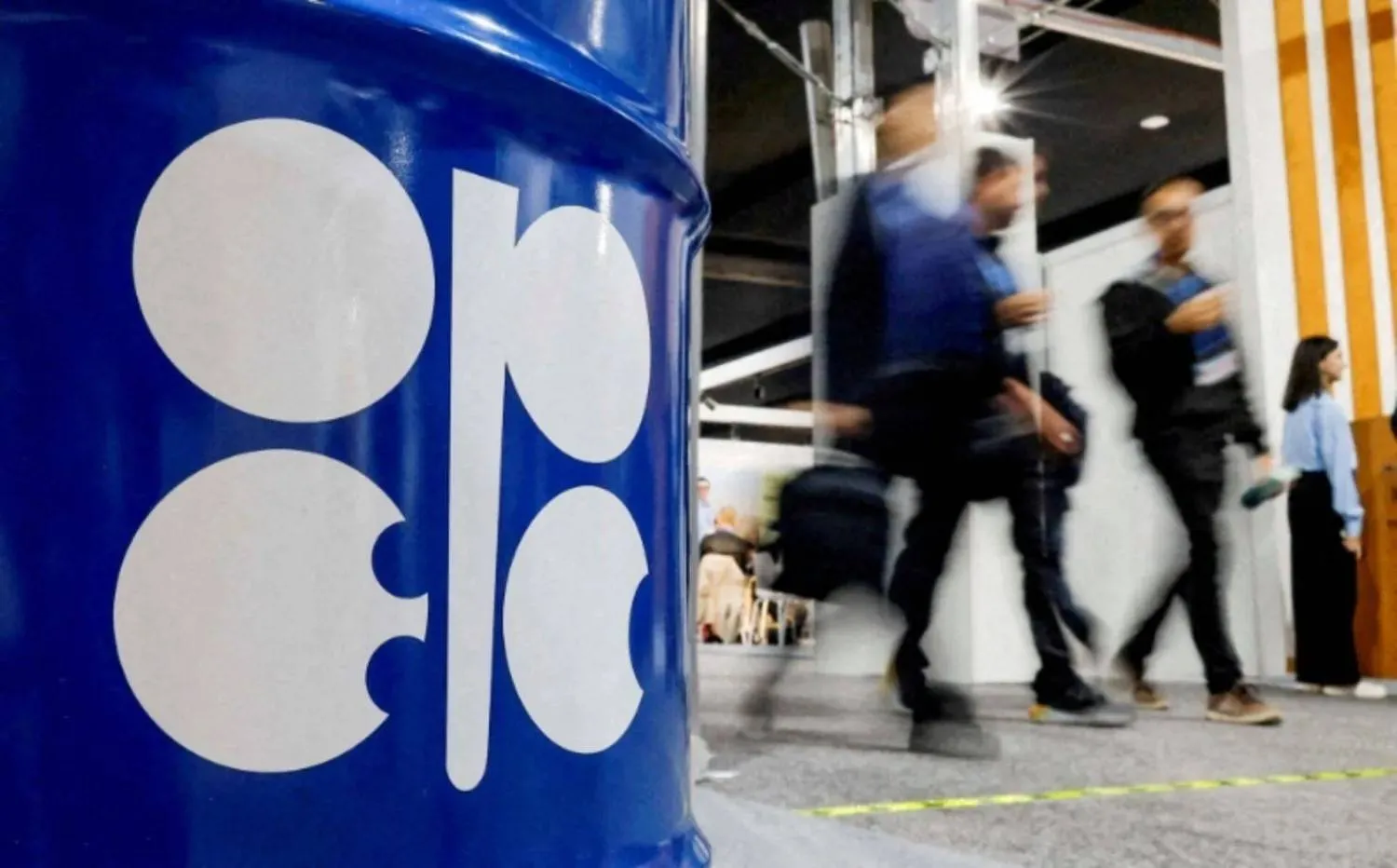Algerian Finance Minister Abderrahmane Raouia expected foreign reserves in his country to decrease to $76.2 billion by the end of 2020.
Over the past few years and wit the drop in oil prices, financial pressure increased on Algeria and its major dependency on oil revenues.
Oil and gas revenues comprise about 60 percent of Algeria's budget and 95 percent of total exports.
The status of international energy markets reflected on the country's foreign reserves, which fell from $192 billion in 2014 to $108 billion in mid 2017.
During his presentation of the 2018 Algerian budget before the People's National Assembly, Raouia stated that Algeria's foreign reserves reached $102.4 billion at the end of September, expecting it to decrease to $85.2 billion at the end of 2018.
The minister also stated that the reserves will drop to $79.7 billion at the end of 2019.
Algerian daily Akhbar el-Youm reported that the 2018 budget includes procedures to increase oil prices and impose the new wealth tax.
The tax applies to people who own a wealth exceeding 50 million Algerian dinar, according to the newspaper.
In October, the parliament approved amendments to the Money and Credit Law to allow the central bank for the first time to lend directly to the public treasury to finance budget deficits and internal public debt and provide resources for the coming five years.
Algeria’s economy should grow by 4 percent in 2018, up from the 2.2 percent forecast for this year, as oil prices recover, the government said in a document according to Reuters.
The government anticipates inflation reaching 5.5 percent next year, unchanged from its projection for 2017, according to the document, which is part of the draft budget for 2018.









